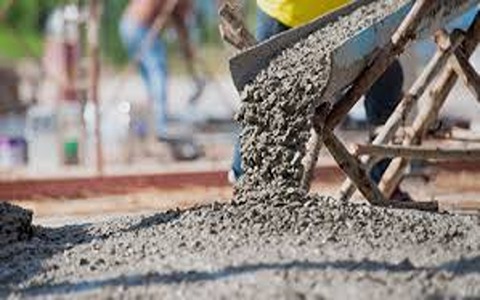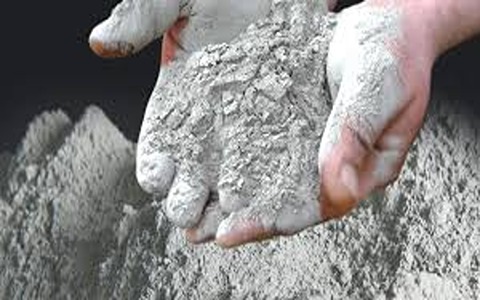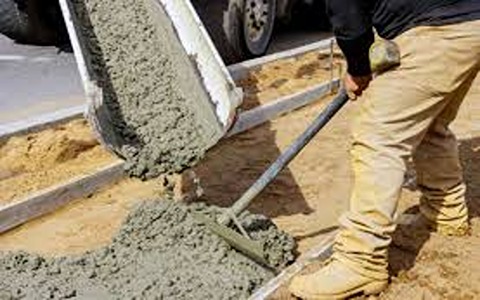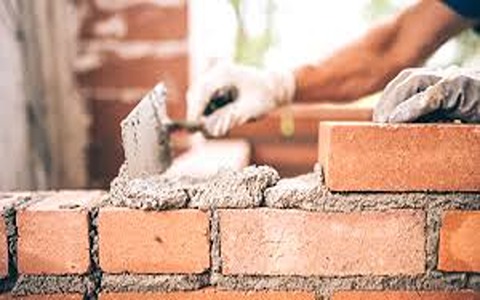Cement is a crucial component in construction projects, serving as the binding agent that holds together various building materials.

Choosing the best cement for your construction needs is essential to ensure the durability and longevity of the structure.
With numerous options available in the market, it can be overwhelming to select the right type of cement for your project.
In this article, we will explore different types of cement, their properties, and applications to help you make an informed decision when purchasing cement for your construction project.
Portland cement is the most commonly used type of cement in construction.
It is a fine powder made from a combination of limestone, clay, and other minerals that are heated and ground into a fine powder.
Portland cement is versatile and can be used for a wide range of construction projects, including foundations, walls, pavements, and bridges.

It is known for its strength and durability, making it a popular choice among builders and contractors.
Another popular type of cement is blended cement, which is a mixture of Portland cement and other materials such as fly ash, slag, or silica fume.
Blended cement offers improved durability, workability, and reduced environmental impact compared to traditional Portland cement.
It is often used in large construction projects where high performance and sustainability are key requirements.
For specialized applications, such as high-strength concrete or structures exposed to harsh environments, specialty cements are available.
These include rapid hardening cement, sulfate-resistant cement, and white cement, each with unique properties tailored to specific construction needs.
Rapid hardening cement, for example, sets and gains strength rapidly, making it ideal for projects that require quick turnaround times.

Sulfate-resistant cement, on the other hand, is designed to withstand exposure to sulfates in soil or water, making it suitable for marine structures or wastewater treatment plants.
White cement, with its bright white color, is often used in architectural concrete applications where aesthetics are important.
In addition to the type of cement, the grade of cement is an important consideration when selecting the best cement for your construction project.
Cement grades are classified based on their compressive strength, with higher grades indicating higher strength.
Common cement grades include 33, 43, and 53, with 53 grade cement being the strongest and most suitable for high-strength concrete applications.

Choosing the right grade of cement is crucial to ensure the structural integrity and performance of the final construction.
When purchasing cement for your construction project, it is essential to consider the storage and handling requirements to maintain the quality of the cement.
Cement should be stored in a clean, dry area away from moisture and contaminants to prevent degradation.
Proper handling of the cement, including mixing, pouring, and curing, is also critical to achieving the desired strength and durability of the concrete.

